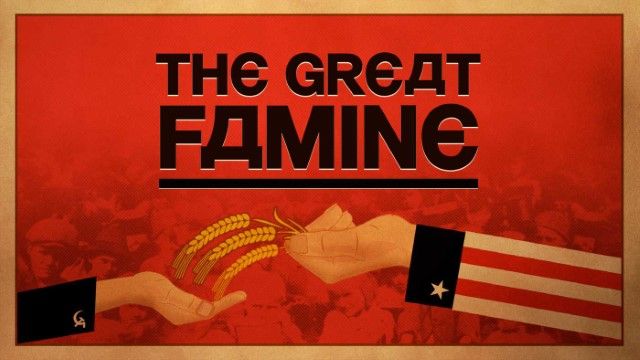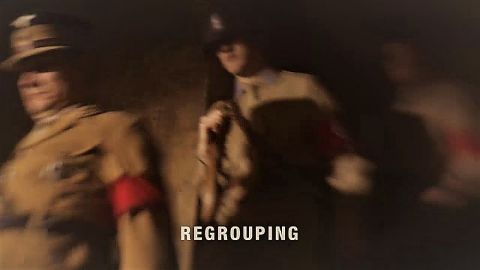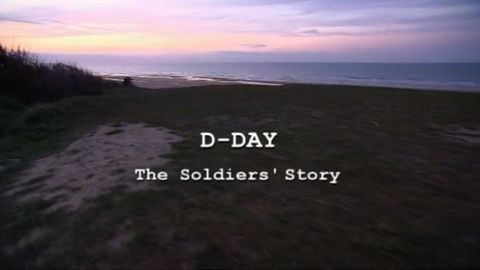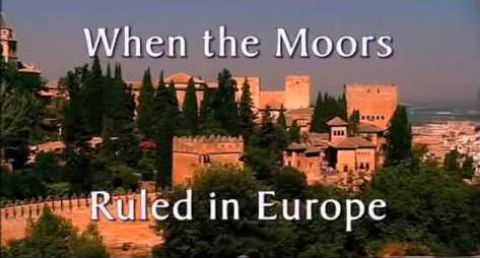History By The Numbers • 2021 • 10 episodes •
Where earth meets sky: how the most thrilling and dangerous point at the top of the world continues to fascinate, and what it takes to conquer the Big One.
2021 • Math
Psychedelics have impacted history for as long as there have been people wanting to get their minds blown. Discover who's been under the influence from Salem witches and Santa Claus to 1960s hippies and Steve Jobs, and find out how mind-altering substances have changed our world.
2021 • Math
Ever wonder what happens after a global pandemic? Sometimes the secrets of the future can be found in the past. In the wake of the Spanish Flu, the 1920s become the decade of flappers, jazz, and the speakeasy, and for many a time of unprecedented opportunity.
2021 • History
Get the inside track on five of the greatest heists in history. These are not petty robberies, but high-stakes operations meticulously planned and audaciously executed, with a cast of colorful characters from the mastermind to the snitch. Find out who gets away with the loot, and who doesn't.
2021 • History
It's June 1944. the Soviet Red Army and the Western Allies are in a race to the finish line. The prize is Hitler's Berlin, and whoever is first to cover 700 miles will not only win the war but will get to decide
2021 • History
The Amazon rainforest is one of the enduring mysteries of the natural world - and no wonder, it is as big as the whole continental US! It’s home to over 2 million Indigenous peoples, and a massive 10…
2021 • History
Since the earliest pioneers million commercial flights each year, discover how innovation, coach class, and sex have made our flying fantasies come true.of flight,we've dreamed of conquering the skies. From the first brave passenger flying across Tampa Bay in 1915 in a rickety rust bucket to 40
2021 • History
The history of skyscrapers is the history of American cities, technological ingenuity, and a global boom in urbanization. From West to East, and 5 stories up to 1km high, there’s nowhere to go but up.
2021 • History
Putting the Orient Express – also called „the train of trains“ – on its tracks called for considerable stamina. Several times, the ambitious project of Georges Nagelmackers was on the brink of failure as the Belgian entrepreneur was facing the bankruptcy of his sleeping car company.
2021 • History















